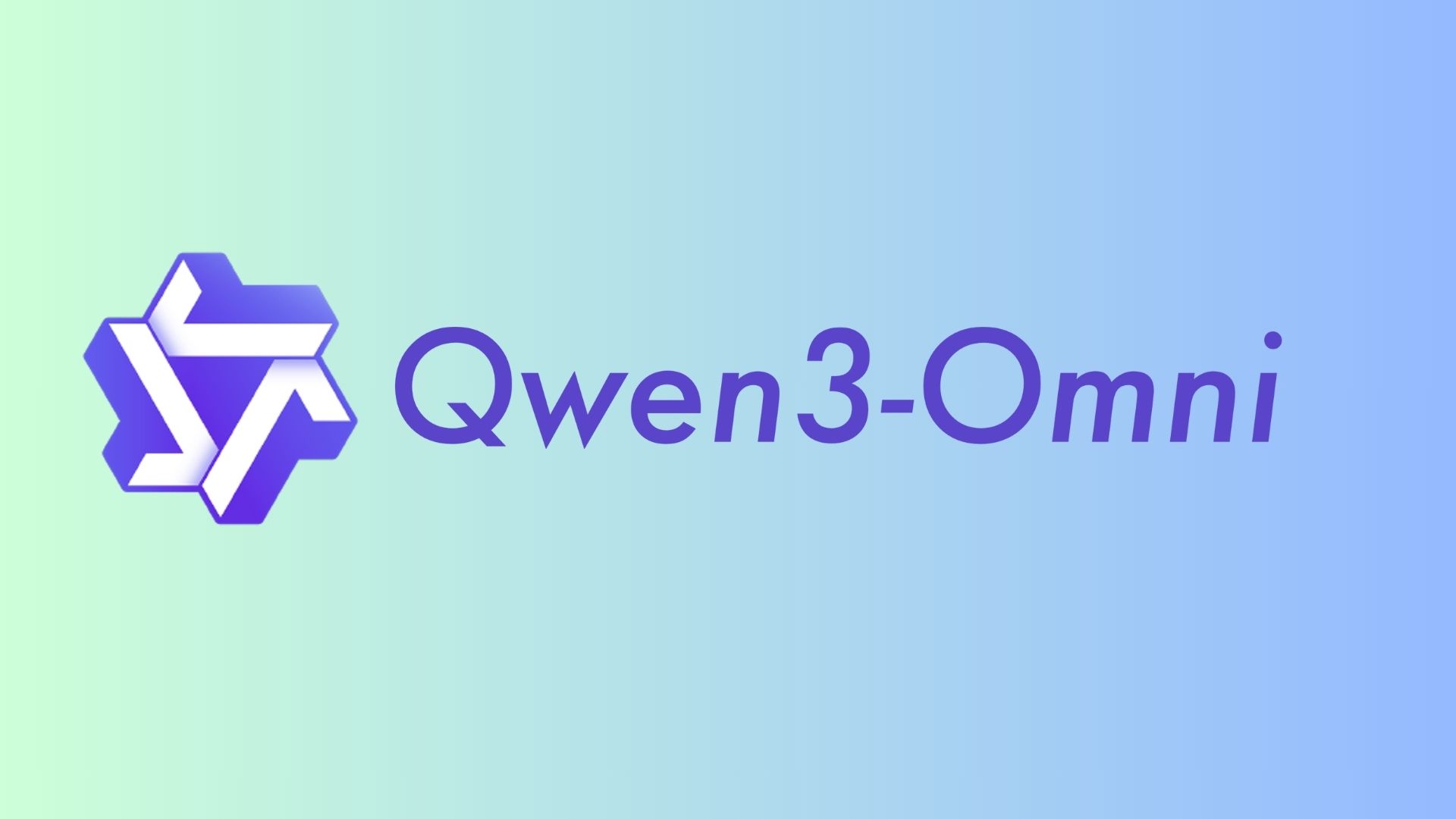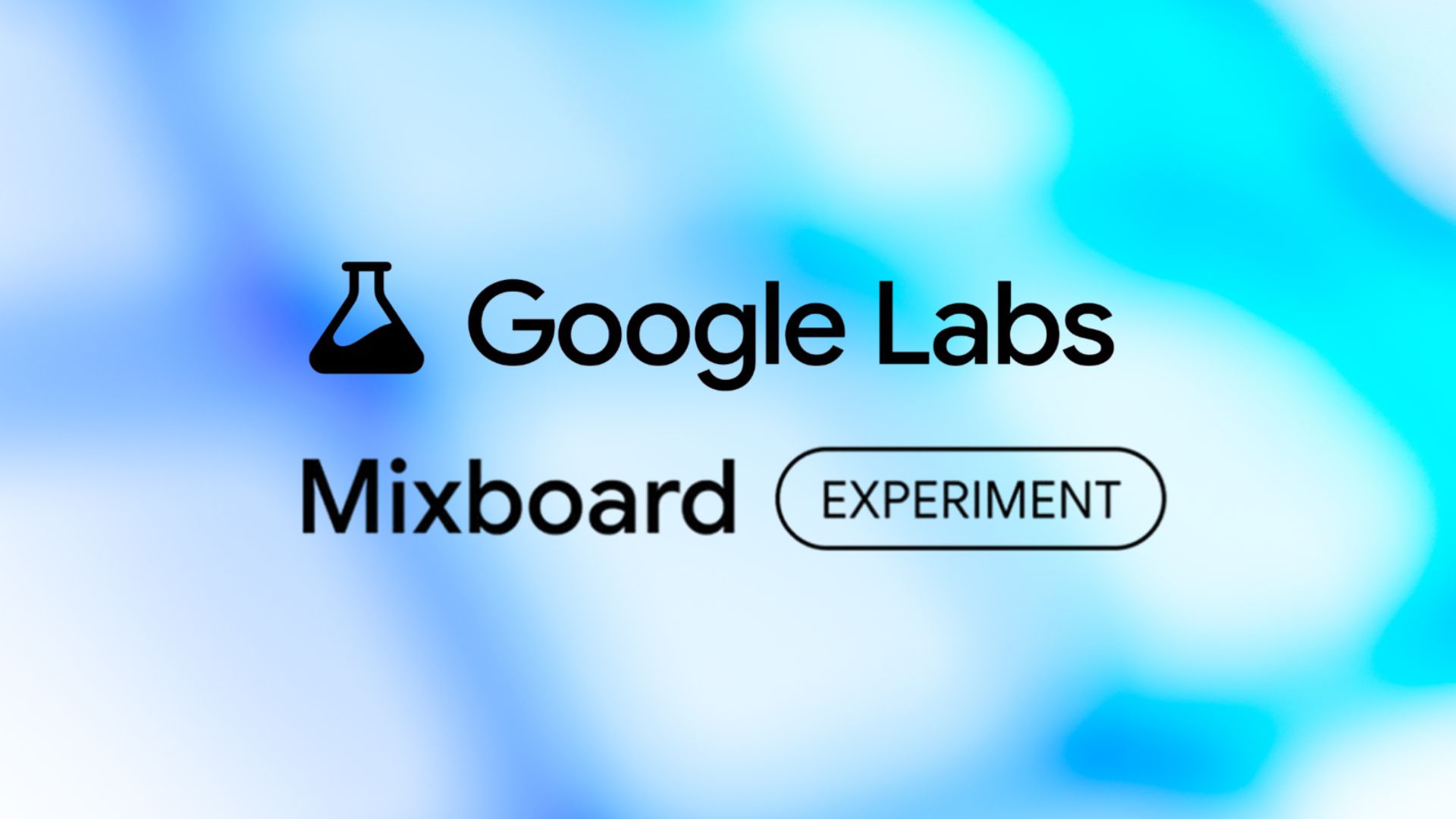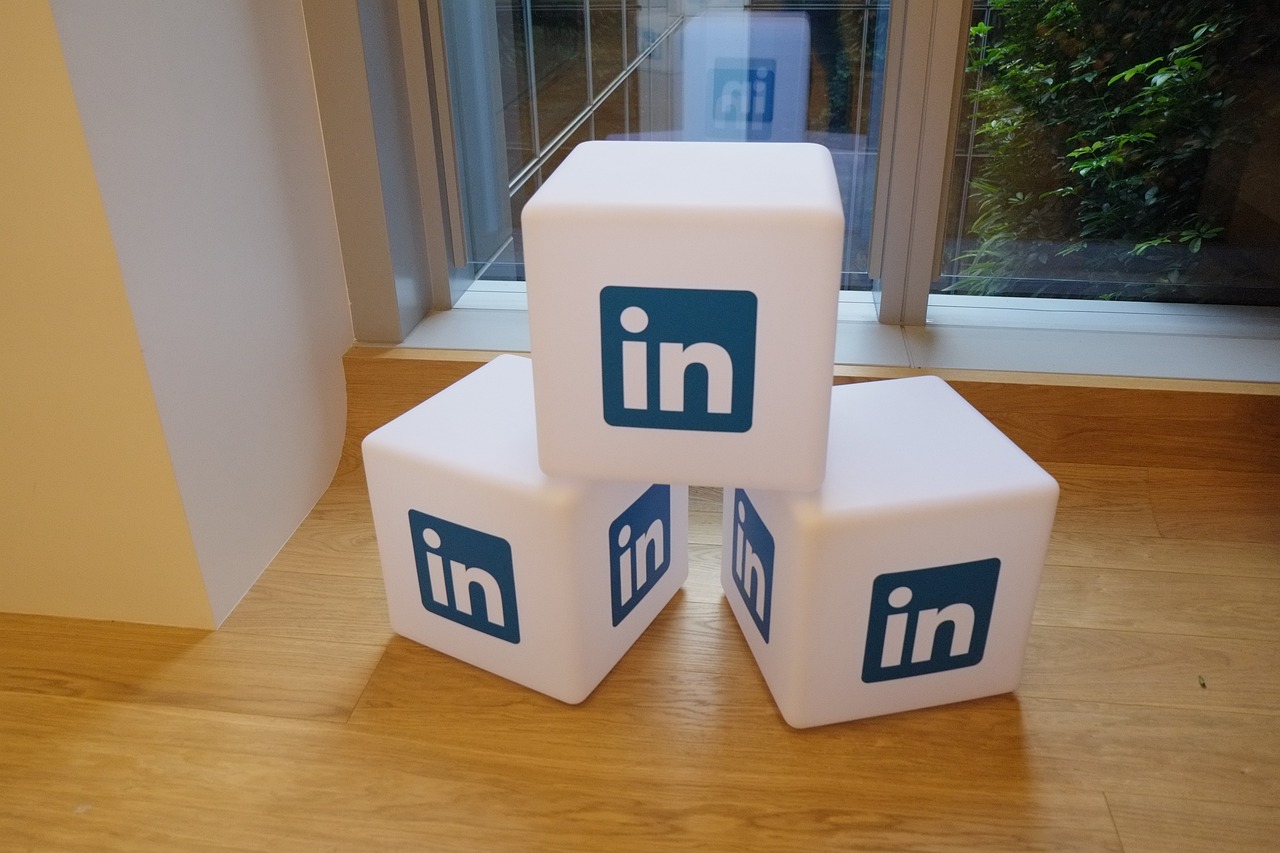Alibaba’s Qwen3-Omni multimodal AI system has quickly risen to the top of Hugging Face’s trending model list, challenging closed systems from OpenAI and Google. The series unifies text, image, audio, and video processing in a single model, signalling the rapid growth of Chinese open-source AI.
Qwen3-Omni-30B-A3B currently leads Hugging Face’s list, followed by the image-editing model Qwen-Image-Edit-2509. Alibaba’s cloud division describes Qwen3-Omni as the first fully integrated multimodal AI framework built for real-world applications.
Self-reported benchmarks suggest Qwen3-Omni outperforms Qwen2.5-Omni-7B, OpenAI’s GPT-4o, and Google’s Gemini-2.5-Flash, known as ‘Nano Banana’, in audio recognition, comprehension, and video understanding tasks.
Open-source dominance is growing, with Alibaba’s models taking half the top 10 spots on Hugging Face rankings. Tencent, DeepSeek, and OpenBMB filled most of the remaining positions, leaving IBM as the only Western representative.
The ATOM Project warned that US leadership in AI could erode as open models from China gain adoption. It argued that China’s approach draws businesses and researchers away from American systems, which have become increasingly closed.
Would you like to learn more about AI, tech, and digital diplomacy? If so, ask our Diplo chatbot!










